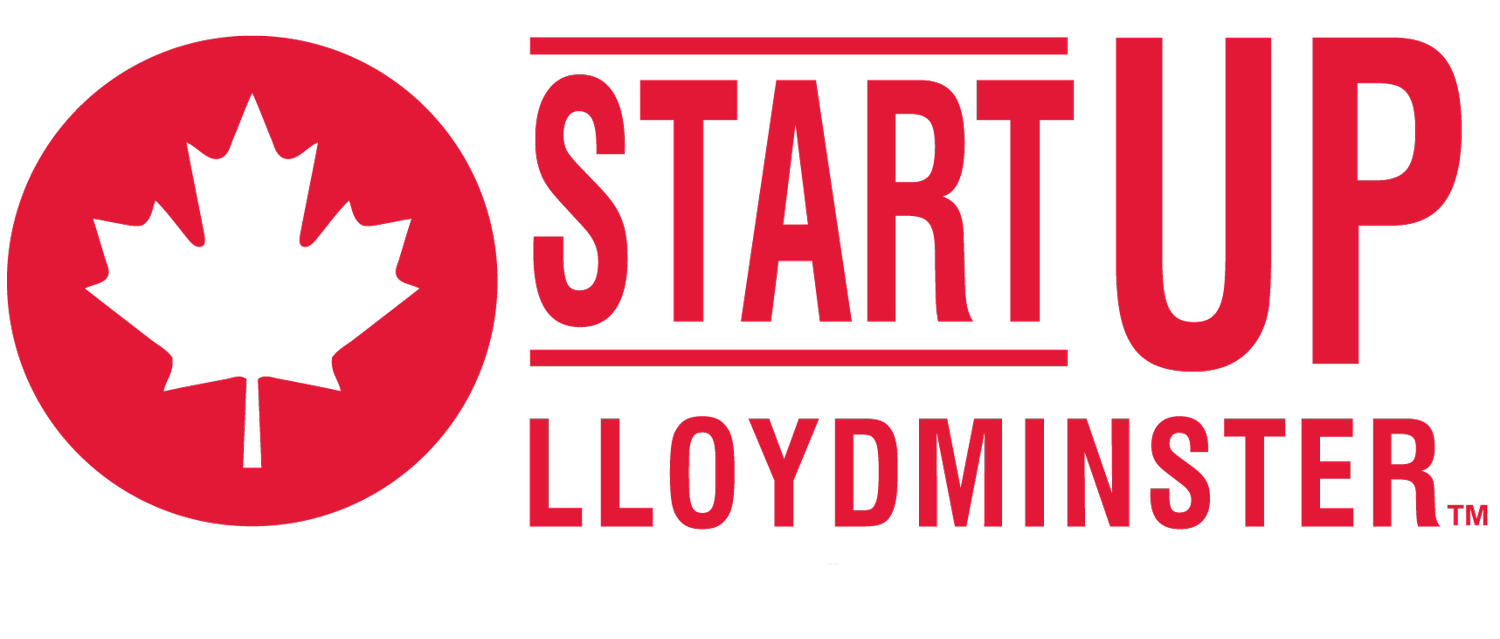Probation & Coaching
The Letter of Employment/Employment Agreement that was provided to the employee upon hire may – or may not - have specified a probation period. Depending on the role hired, the probation period may be 3 months from the date of hire, 6 months, one year – or not at all. Even if the Agreement does not specify a probation period, both Alberta and Saskatchewan provincial statutes allow for termination within the statutory probation period of three (3) months without any notice or pay (severance pay).
The article “Probation Periods in Canada: What are they and what do they mean?” provides helpful information about probationary periods.
Disclaimer: This information is provided as is at the time of writing and may change at any time by the Provinces. Always reference provincial websites and your legal counsel before making decisions and taking any action:
The value of the probationary period is that it:
Gives both the new employee and the employer time to determine the ‘fit’ for both parties;
Is a time of great learning, for the manager/supervisor to support the new employee through informal coaching, check-ins, and feedback; and
Supports the employee to achieve agreed-upon goals (as outlined in the Orientation section) and creates the beginning of a trusting relationship with the manager/supervisor.
If a probationary period is specified in the new hire documentation, the employee may be nervous as the end of the probation period arrives. When the supervisor/manager has been coaching on a regular basis and providing honest and timely feedback, the conversation at the probation meeting should reflect the progression of the employee’s ability to perform the duties.
PLANNING THE PROBATION MEETING:
Schedule a meeting within the week prior to the probation’s end date to have a formal conversation and advise the employee of successfully meeting probation.
Create and have available for the meeting the letter that advises the employee of successfully completing the probation period. The letter should specify any terms and conditions that come into effect with the successful completion of the probation.
Meet with the employee to tell him/her what has been done well and jointly determine what gaps (if any) are noticed, ask for feedback from the employee about the experience to date, and what the go-forward plan is to support the employee;
Express your congratulations; and
Place the successful Completion of Probation letter in the employee’s file.

